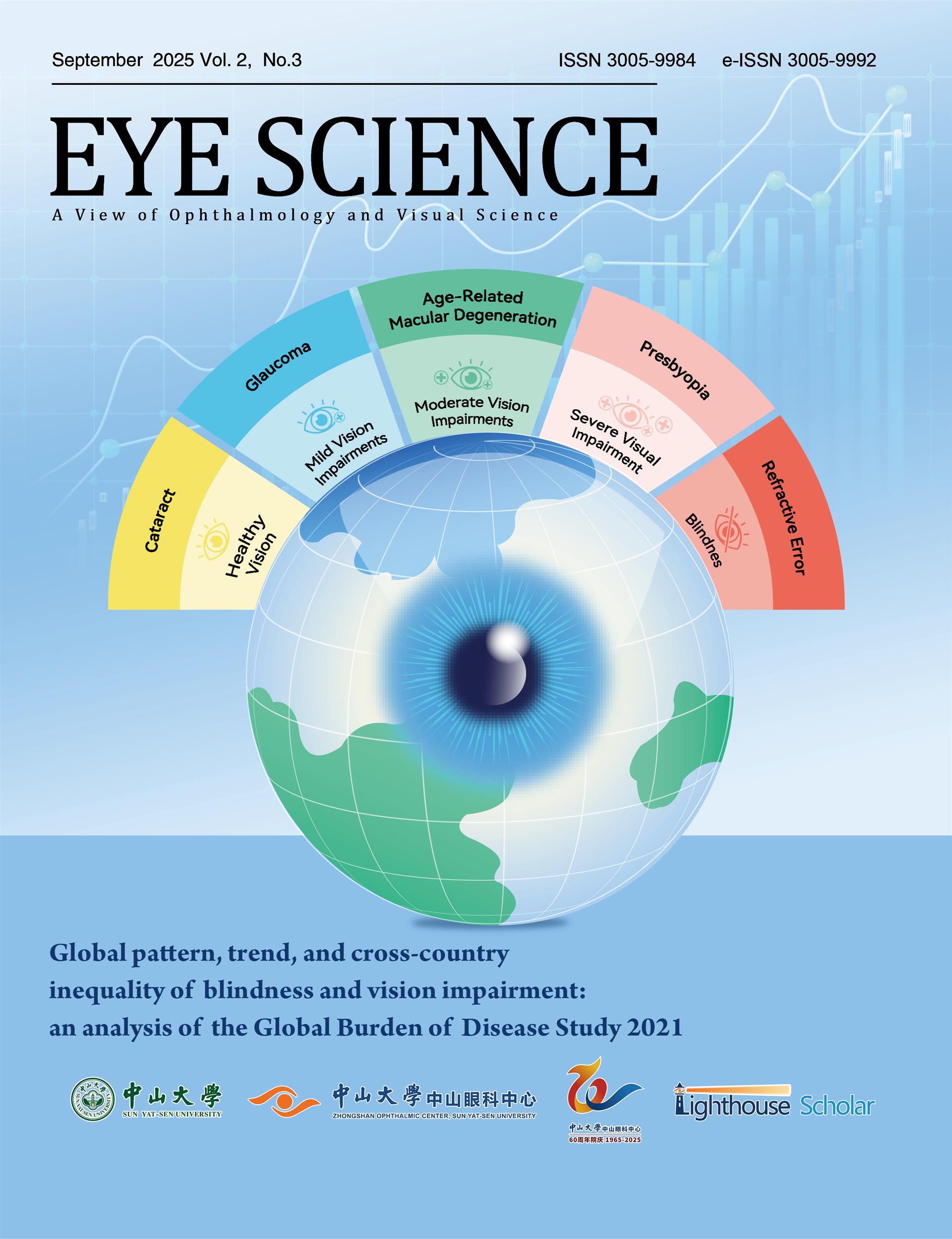Myopia, a common cause of visual impairment, together with the global decline in physical fitness and increasing prevalence of childhood obesity, has become a prominent global health problem. The beneficial effect of increasing the time of outdoor activities on the incidence of myopia and physical well-being in children has been widely recognized. However, in countries with highly competitive education systems, such as China, parents and school administrators may be reluctant to increase their children's time for extracurricular outdoor activities for fear of affecting their academic performance. Therefore, it is crucial to accurately assess the role of after-school outdoor activities in preventing and controlling myopia, as well as in promoting the physical and mental development of adolescents. Schools and families should be encouraged to collaboratively support children’s engagement in outdoor activities to foster their healthy growth.
Given the dual benefits of outdoor activities—improving visual health and promoting overall physical and mental well-being—it is essential to encourage schools and families to work together to support children's engagement in such activities. By doing so, it is hoped that a balanced environment can be created, one that values both academic achievement and healthy development. Policymakers, educators, and parents must recognize the long-term advantages of integrating outdoor activities into children's daily lives, as this approach can help alleviate the burden of myopia, enhance physical fitness, and support emotional and cognitive development. Ultimately, fostering a culture that views outdoor activities as an essential component of education and health will be key to ensuring the well-rounded development of future generations.

















